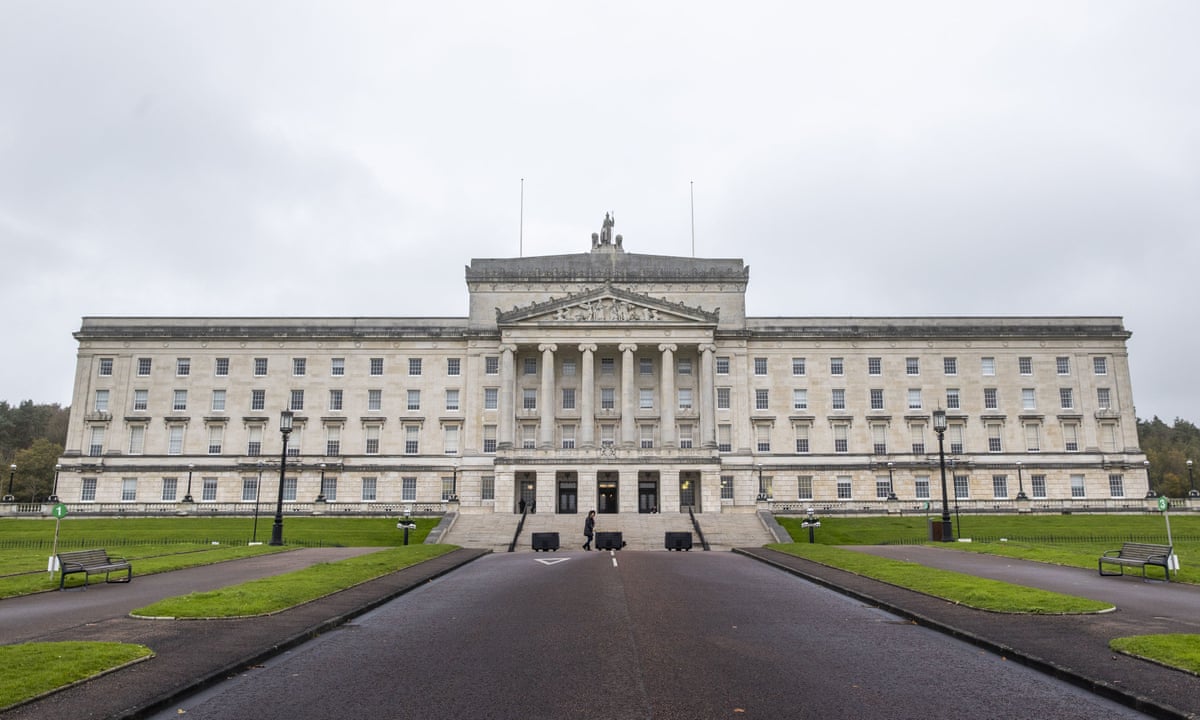The Everlasting Power of Business Cards: A Timeless Tool in Modern Networking
In today’s digital age, where virtual communication dominates the landscape, the tangible and tactile might seem outdated. Yet, amidst the sea of emails, LinkedIn connections, and social media profiles, one relic of traditional networking continues to hold its ground: the humble business card. Far from being rendered obsolete, business cards remain a potent tool for making lasting impressions and forging meaningful connections in the business world.
A First Impression That Lingers
The exchange of business cards is often the initial point of contact in a professional interaction. Unlike fleeting digital exchanges, a physical business card offers a tangible representation of a person and their brand. The weight of the card, the quality of its paper, and the design elements all contribute to forming a lasting impression.
Moreover, the act of exchanging business cards fosters a personal connection that transcends virtual encounters. It allows individuals to engage in face-to-face interaction, fostering trust and rapport. In a world where genuine connections are increasingly valuable, the exchange of business cards serves as a vital tool for building meaningful relationships.
A Portable Brand Identity
A well-designed business card serves as a portable brand identity, encapsulating essential information about a person or a company in a compact format. From contact details to company logos, business cards provide a snapshot of who you are and what you represent. They serve as a physical reminder of your presence long after initial meetings have concluded.
Moreover, the design of a business card can convey a wealth of information about one’s professionalism, creativity, and attention to detail. A thoughtfully crafted card reflects positively on the individual or organization it represents, leaving a lasting impression on recipients.
A Versatile Networking Tool
Business cards transcend traditional networking settings, proving to be valuable assets in various situations. Whether at conferences, trade shows, or chance encounters, having a stack of business cards on hand ensures that you are always prepared to seize networking opportunities.
Furthermore, business cards can serve as effective marketing tools when strategically distributed in relevant locations. Placing them in local businesses, co-working spaces, or community bulletin boards can help expand your network and attract potential clients or collaborators.
Adapting to the Digital Era
While the enduring relevance of business cards is undeniable, their role has evolved in response to the digital era. Many modern business cards now incorporate QR codes, NFC chips, or augmented reality elements, linking physical cards to digital content such as portfolios, websites, or social media profiles. This seamless integration of analog and digital enhances the utility of business cards in an increasingly interconnected world www.thomsonchemmanoor.com/.
Additionally, the rise of eco-consciousness has led to the adoption of sustainable materials and printing practices in business card production. Recycled paper, soy-based inks, and minimalist designs contribute to reducing environmental impact while maintaining the effectiveness of the cards.
Conclusion
In an era dominated by digital communication, the enduring relevance of business cards speaks to their unique power as networking tools. Far from being relics of a bygone era, business cards continue to play a vital role in making lasting impressions, fostering personal connections, and promoting professional brands.
As we navigate an increasingly interconnected world, the timeless appeal of business cards lies in their ability to bridge the gap between the physical and digital realms. By embracing innovation while staying true to their fundamental purpose, business cards remain indispensable assets for professionals seeking to make their mark in the business world.










